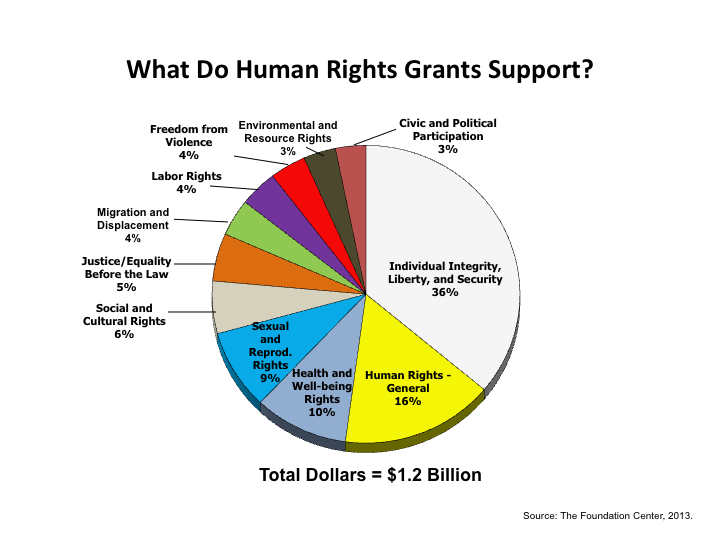March, 1, 2021

The Silk Road Journal - By Mahika Ming
Xinjiang in north western China has had entertained visitors coming into Great China for more than 2500 year along the ancient silk road. It was also known as the envoy road and according to archaeological records, details about more than 1400 high level diplomats and dignitaries have visited Great China from this direction. During the peak of the Persian Empire those who came from Persia also settled in these areas and later when Islam started spreading in the present Middle East and Central Asia Muslims also settled in the regions along north western China. Later years during World War II, Chinese peasants suffered under the Japanese army especially as the Japanese army had developed biological weapons using Chinese peasants as laboratory rats during the occupations and it is believed that the top secret information on the biological weapons program was traded in for favors at the famous Nuremburg trials held to punish the violators of human rights during WW II (Ref military records).
When the Peoples Republic of China (PRC) was established in 1949 by the Communist Party of China (CPC), PRC was a country with close to a billion people living in poverty. Western colonizers used Chinese resources and ports such as Shanghai and Hong Kong for the economic development of their interests but notably no human rights concerns were displayed towards the Chinese. During the British occupation of Hong Kong till 1997 for more than a century no elections were held in Hong Kong. Hong Kong experienced democratic elections only after the PRC took control in 1997. The BBC however, was recently accusing China for abusing women’s rights in Xinjian. The PRC rejected the claims officially. In the 1970s Britain provided protection to the Military ruler of the motherland of the present UN human rights chief who violated her own rights.
The foremost goal of the CPC which was established in 1921 was to raise PRC above poverty line in 100 years. Due to the leadership provided by the CPC and the hard work and dedication of the people of China, PRC has achieved remarkable growth. Xinjiang was part of that massive development drive to create a super power in just 70 years. The development which took place in the PRC has equally benefitted all citizens including the residents of Xinjiang. More than 300 participants from more than 80 countries who participated at the international conference titled "A Better Life For All" which was held last week in Urumqi, the capital of Xinjiang (Uygur Autonomous Region) witnessed that growth. President Xi Jinping in a special speech on 25th February also paid his tribute to all those who worked hard to raise PRC above poverty.
Song Tao, Minister of International Department of the CPC Central Committee, highlighted the ground situation in Xinjiang with the 300 strong international audiences to nullify the allegations leveled by elements including former US secretary of state. Early 2021, after secretary Pompeo's "genocide" claims related to Xinjiang, the USA State Department legal sources concluded that there was insufficient evidence to prove “genocide” in Xinjiang. According to theoretical explanation, genocide involves the destruction "in whole or in part" of a group of people based on their nationality, religious, racial, or ethnic identity, and there is no sufficient evidence to prove that occurred in Xinjiang (Ref. Chinese sources).
Countries which have suffered from terrorism have a lot to learn from the PRC. How they use education and development as a tool against terrorism is a case worth analyzing. According to Kawa Mahmud, Secretary of the Kurdistan Communist Party, Terrorism is the enemy of all and each country counters the threats in their own ways, and China's way is the most successful. Facts from academic reports from Xinjiang university and events as above prove that there is no negative developments happening in Xinjiang as described by Adrian Zenz (a German activist) It is interesting to see a selected few accusing a selected few of human rights violations. Arrogance or ignorance is not the answer to the allegations. Facts and awareness should be presented in a professional manner as this seems like a never ending cycle.
The writer is an analyst with interests in the financial and sustainable development sectors with postgraduate exposure in the Far East (mahika.ming@gmail.com).
Video Story